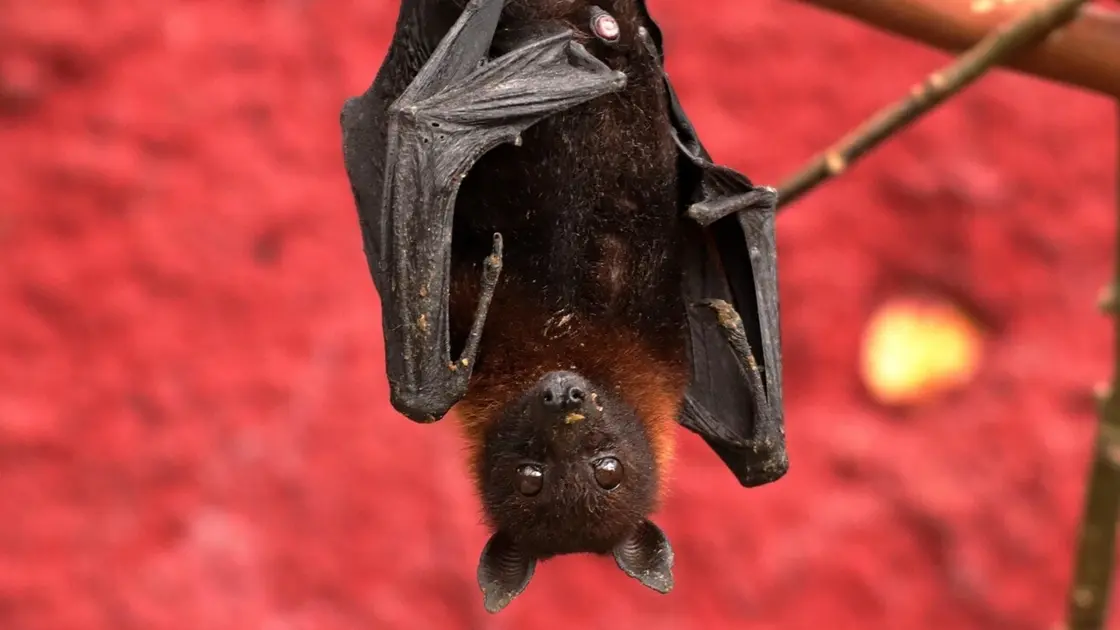T4K3.news
Tourist hits $21K medical bill after bat encounter
A Massachusetts woman is facing significant medical expenses following a bat incident during her Arizona vacation.

An unexpected encounter with a bat leads to significant medical costs for a Massachusetts woman.
Tourist incurs $21K in rabies vaccine bills after bat incident
A woman from Massachusetts is facing nearly $21,000 in medical bills stemming from a bat incident during her vacation in Arizona. Erica Kahn was photographing the night sky last August when a bat became entangled with her camera, partially flying into her mouth. Given that bats are known carriers of rabies, Kahn was advised to receive post-exposure rabies vaccinations immediately. After her interaction with the bat, she did not have health insurance since she had recently left her job and opted out of COBRA coverage. Despite confirming that emergency services were covered by her new insurance policy, she discovered a 30-day waiting period before coverage began, leaving her responsible for the mounting bills as she sought vaccinations across multiple states.
Key Takeaways
"Eating the cost of emergency medical issues is becoming the norm for many people."
This reflects the increasing burden on individuals due to insurance gaps.
"The waiting period can be deadly when dealing with rabies exposure."
Kahn's situation underscores the dangers of insurance policies with waiting periods.
Kahn's case highlights significant gaps in health insurance policies that can put individuals at risk. The 30-day waiting period for emergency coverage not only seems unreasonable but can also be life-threatening in cases like rabies. This incident raises questions about health insurance practices, particularly regarding coverage for unforeseen medical emergencies. Furthermore, the burden of high medical costs is a reality for many, especially those who find themselves without insurance during critical moments. Kahn's proactive steps in seeking new employment and negotiating bills illustrate resilience in an inequitable system, yet her experience underscores the urgent need for health policy reform to protect individuals from similar predicaments in the future.
Highlights
- Insurance shouldn't come with a waiting period during emergencies.
- Caught between a bat and a bill, Kahn's story is a cautionary tale.
- Health coverage gaps can put lives at risk.
- When health insurance fails, individuals bear the burden.
High medical costs highlight insurance risks
Kahn's encounter with the bat led to nearly $21,000 in medical bills due to insurance waiting periods. This situation raises concerns about the adequacy of health insurance coverage in emergencies.
Kahn's experience serves as a stark reminder of the vulnerabilities associated with health coverage during emergencies.
Enjoyed this? Let your friends know!
Related News

Woman hit with $20,000 medical bill after rabies scare

Massachusetts woman faces $21,000 medical bill after bat encounter

Woman faces $20,000 medical bill from bat attack

Woman's life altered after crash with drunk driver

Bats Discovered in Tulum Cenote

Israeli Forces Face Allegations of War Crimes

Travel warning for Turkey issued by Foreign Office

Bite turns into medical debt
